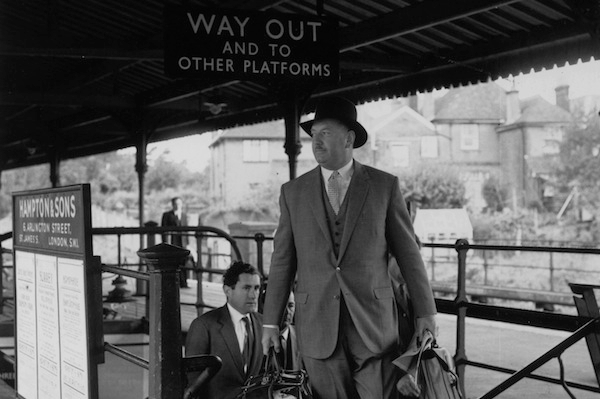On 27 March 1963, ‘The Reshaping of British Railways’ was published. Better known as the Beeching Report, the paper was a seminal moment for Britain in the twentieth century. Dr Beeching’s report (and subsequent axe) recommended the closure of 5,000 miles of tracks and 2,363 stations, with 67,000 jobs lost. Most of Beeching’s initial suggestions were eventually implemented and our railways were changed forever.
Beeching is still a controversial figure. The trade unions, then and now, paint him as a mad axeman who destroyed a noble institution and the livelihoods of thousands of railway men. No wonder one ‘Dr B. Ching’ is still lampooned in Private Eye every week.
But serious reforms were needed. In 1961, British Railways were losing £300,000 every day, the equivalent of £5.4 million today (taking inflation into account). As Britain’s road network improved and car ownership rocketed, Beeching believed the car was king and railways were doomed to contraction.

Get Britain's best politics newsletters
Register to get The Spectator's insight and opinion straight to your inbox. You can then read two free articles each week.
Already a subscriber? Log in







Comments
Join the debate for just £1 a month
Be part of the conversation with other Spectator readers by getting your first three months for £3.
UNLOCK ACCESS Just £1 a monthAlready a subscriber? Log in